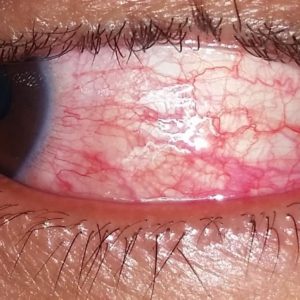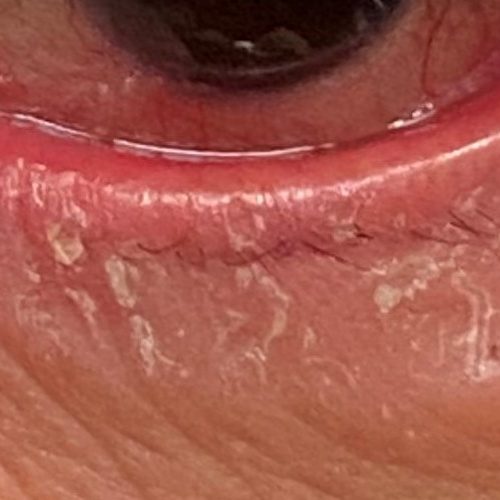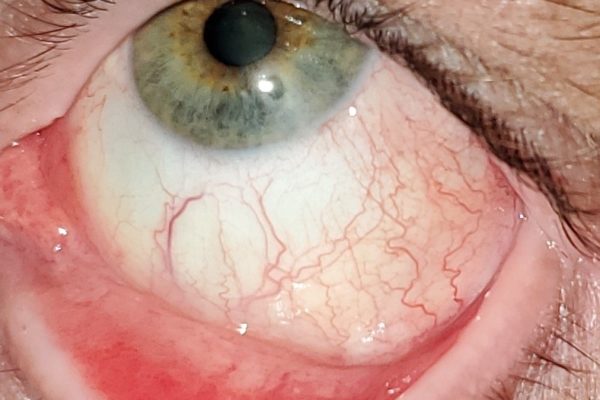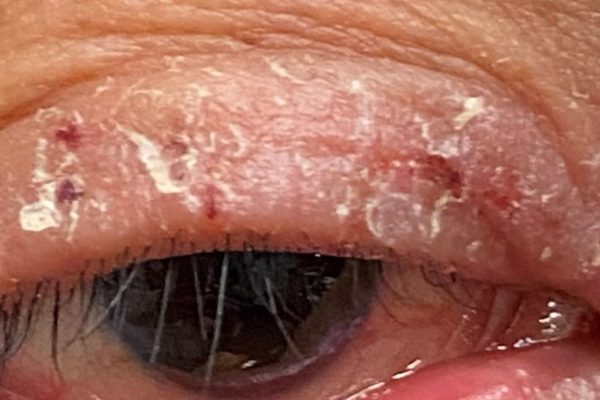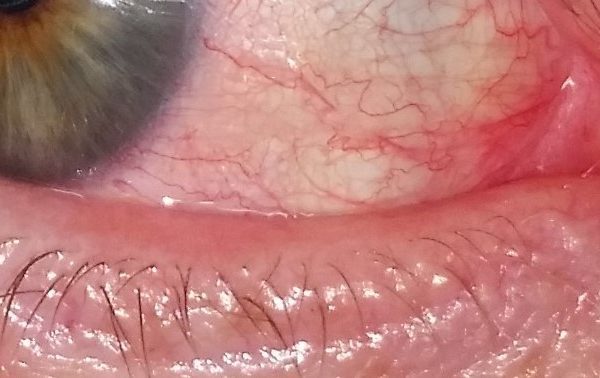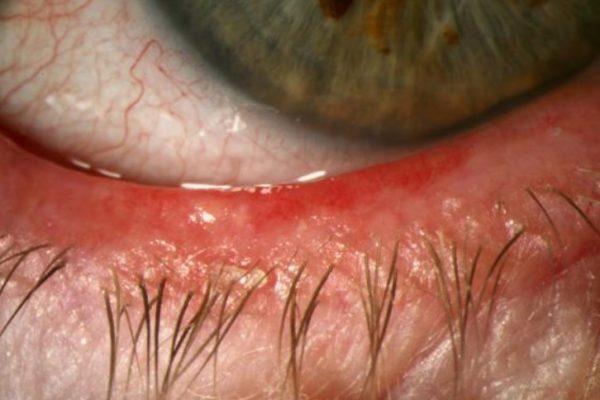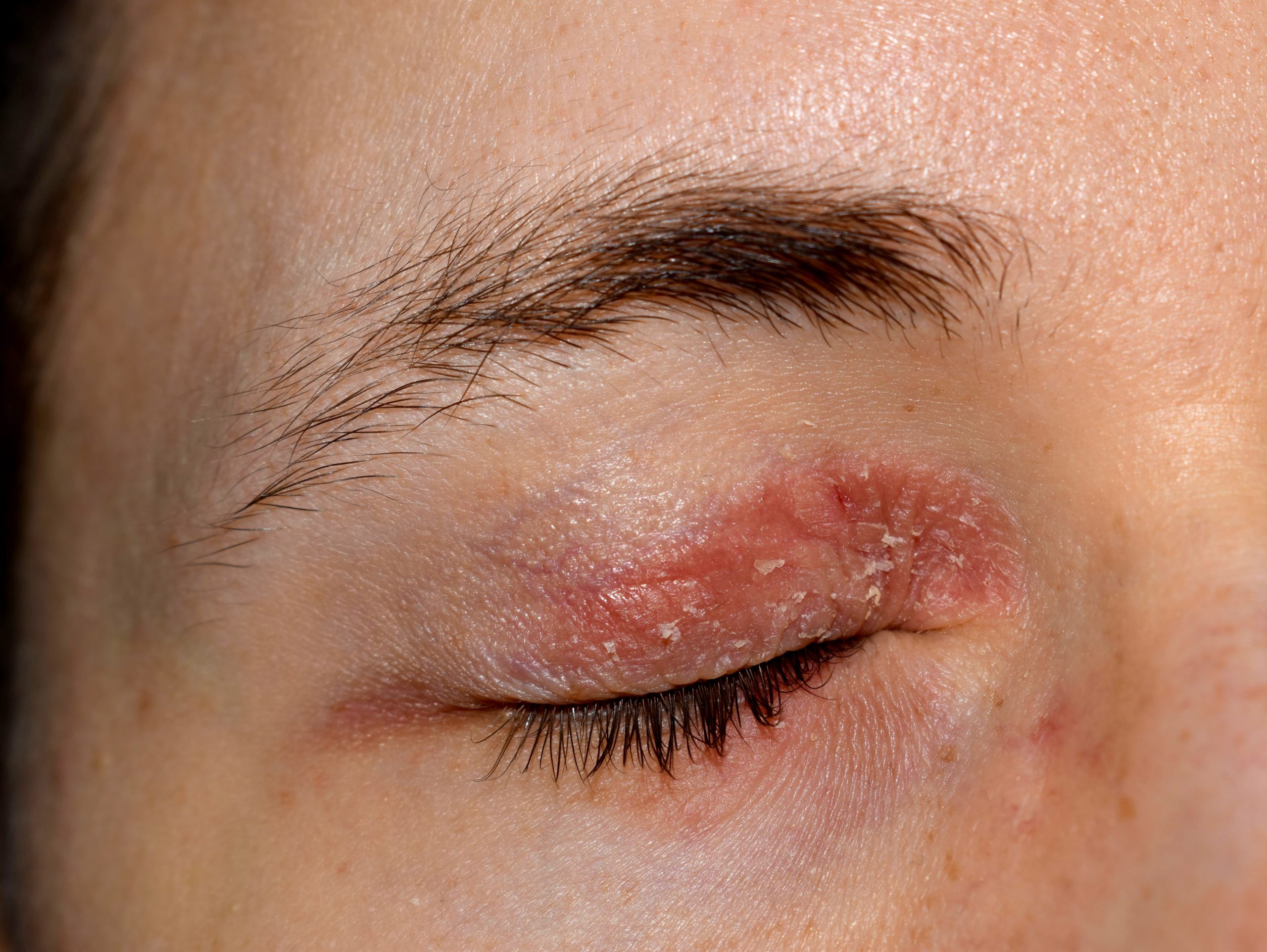Ora, Inc websites use cookies. By continuing to browse the site you are agreeing to our use of cookies. For more details about cookies and their use, please see our Privacy Policy.
What is Atopic
Keratoconjunctivitis (AKC)?
Atopic keratoconjunctivitis (AKC) is a chronic allergic eye condition and causes inflammation of the eyelids, conjunctiva, and cornea.1, 2 When the cornea becomes involved, leaky and weak blood vessels can develop on the previously clear surface, causing scarring and decreased vision. AKC usually develops in the late teens and early adulthood.1 AKC is quite rare and only occurs in <1-8% of the population.2
Signs & Symptoms
- Eyelid Redness and Itching
- Eye Redness
- Tearing/Watery Eyes
- Light sensitivity
- Itchy and burning eyes1
- Blurry vision3
- Eczematous, thickened, crusty eyelids2, 4
- Mucous discharge2
Important Note on AKC
Signs and symptoms of AKC can vary in severity. There may be signs that are not noticed by patients and require an eye care practitioner to diagnose (IE. Keratitis).
